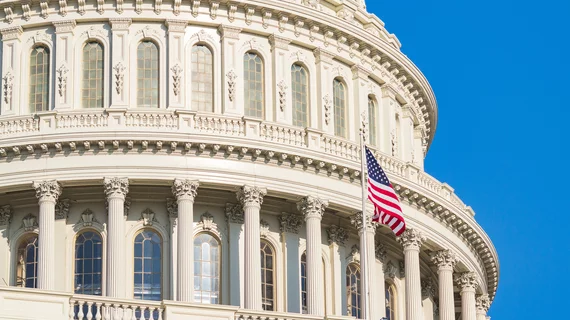Department of Energy seeks agreement to produce Mo-99 domestically
The Department of Energy’s National Nuclear Security Administration (NNSA) has chosen four U.S. companies to begin negotiations with in an effort to produce Molybdenum-99 (Mo-99) without the use of highly enriched uranium.
Up to $15 million in funding has been appropriated for each company, according to a statement from the NNSA. Industry partners will match any awarded funding, the NNSA stated. The four companies chosen for negotiations include the following:
- NorthStar Medical Radioisotopes, LLC, in Beloit, Wisconsin
- SHINE Medical Technologies, located in Janesville, Wisconsin
- Northwest Medical Isotopes, in Corvallis, Oregon
- Niowave, Inc., located in Lansing, Michigan
“Mo-99 is such a critical tool in healthcare. Doctors count on it every day,” said U.S. Secretary of Energy Rick Perry, in the same statement. “This industry outreach helps to develop a reliable domestic supply of a vital medical isotope, reduce dependence on foreign imports, and bring new opportunity to the heartland.”
Each day more than 40,000 procedures in the U.S. rely on Mo-99, according to the NNSA. Among them are procedures to diagnose heart disease and cancer, those studying organ structure and function and many other important medical applications.
The ultimate goal of the Mo-99 program, according to the government, is to create a “redundant, reliable commercial” Mo-99 supply network that “avoids a single point of failure that does not use” highly enriched uranium.

